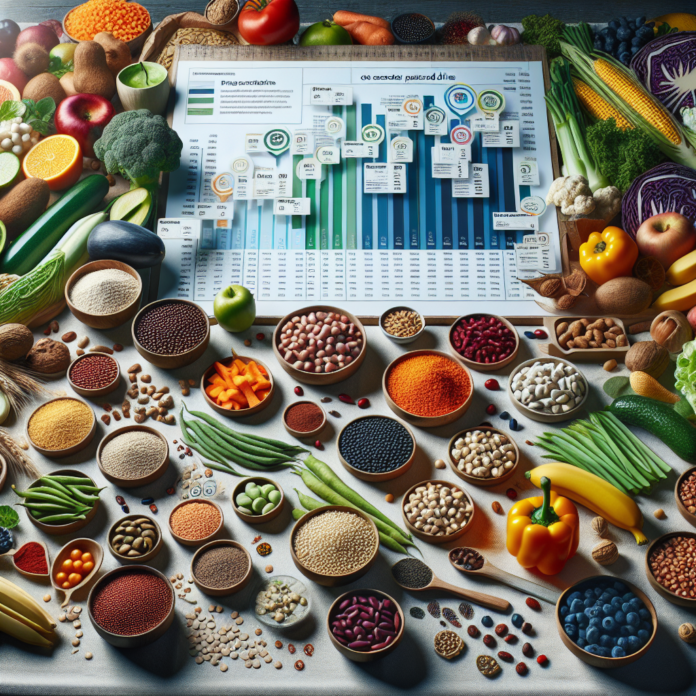The food industry is currently experiencing a significant shift, with plant-based diets becoming increasingly mainstream. As health, ethical and environmental concerns take center stage, more consumers are seeking alternatives to animal products. This tectonic dietary shift is not just a passing trend; it represents a profound change in long-term consumer habits and preferences. Let’s dive into some key insights driving the rise of plant-based diets and the companies that are shaping the future of food.
Health Trends Fuel Plant-Based Popularity
The connection between diet and well-being has never been more scrutinized, with plant-based diets being linked to numerous health benefits. Research suggests that a diet rich in plant-based foods and low in processed and animal products can lead to a lower risk of heart disease, obesity, diabetes, and certain cancers. Companies like Beyond Meat are capitalizing on this by developing high-protein, plant-based alternatives that simulate the taste and texture of meat.
Ethical Considerations and Animal Welfare
Beyond health, ethical considerations concerning animal welfare are a significant factor in the dietary decisions of many individuals. The rise in awareness of the conditions within the industrial animal farming industry has pushed some consumers to seek out more ethical and compassionate dietary options. Impossible Foods has made waves by offering plant-based products designed to satisfy the palates of meat-lovers while reducing the need for animal agriculture.
Environmental Impact and Sustainability
The environmental impact of diet is another factor driving the plant-based movement. The animal agriculture industry is a major contributor to greenhouse gas emissions, deforestation, and water use. The urgency of climate change and the need for sustainable consumption patterns have led to a growing plant-based market. Oatly, for example, has revolutionized the dairy industry with its oat-based milk alternatives, promoting a sustainable and environmentally friendly option for consumers.
The Global Plant-Based Food Market
The global plant-based food market is booming, with supermarkets and restaurants increasingly expanding their vegan and vegetarian offerings. Plant-based products are no longer relegated to the fringes of grocery stores but are now prominently featured as mainstream options. Food industry giants like Nestlé have entered the plant-based arena with product lines like Garden Gourmet, catering to the growing demand for meat-free alternatives.
The Role of Innovation and Technology
Innovation and technology play crucial roles in the development and acceptance of plant-based foods. From lab-grown meat to fermentation technology that replicates dairy products, the future of food tech is plant-based. Companies are investing in research and development to create products that are not only sustainable and ethical but also delicious and nutritious.
Conclusion
The rise of plant-based diets is more than a fad; it is a paradigm shift in global eating habits. With the convergence of health trends, ethical concerns, and pressing environmental issues, consumers are embracing plant-based foods like never before. As the industry adapts to these evolving preferences, the offerings and innovations within the plant-based sector are likely to expand, playing an increasingly central role in our daily lives and dining experiences.




 AGF-B.CO
AGF-B.CO